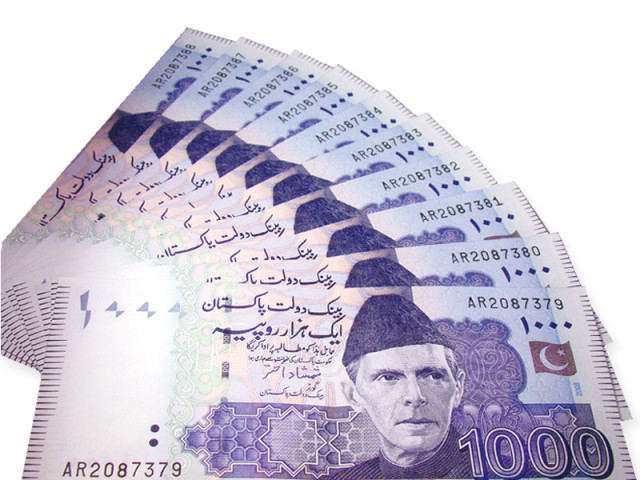Political unrest and end of economic reforms
PML-N actually traded off temporary gains against tough decisions

The first year provided a golden opportunity for reforming the state apparatus to the PML-N government that assumed power on the promise of economic revival.
A central pillar of its economic agenda was that economic revival was only possible if the government did not remain in the business of doing business. The people actually voted in the party to get rid of inefficient public sector enterprises, resolve the energy crisis and create jobs. However, after more than a year, these goals remain distant dreams.
As the government succumbed to temporal gains over long-term reforms, it has so far failed in both economic revival and in ensuring energy security. The corrected growth figure of 3.3% suggests no improvement over one year whereas the galloping circular debt indicates the insurmountable energy crisis.
The PML-N actually traded off low hanging fruits against tough decisions. These fruits or temporal gains included currency appreciation, foreign reserves’ build-up, some Chinese investment and tamed inflation. The long-term and foregone economic reforms featured tax reforms, restructuring or privatisation of state-owned enterprises and creation of energy markets.
A dangerous consequence of giving up tough economic decisions is not only that there is no reform, indeed there is no respite from the prevalent crisis. If adopted with complete political will, and with reasonable predictability and transparency, the reforms can actually increase the popularity of a government, rather than undermining it. Good reforms help solve the problems of bad performance.
The new leadership has stayed obsessed with capital-intensive projects, without much-wanted focus on governance issues. This is not in accordance with its own Vision 2025 that calls for a shift to software, alluding to systems and human resources, instead of hardware, meaning physical infrastructure.
By not going after the economic reforms with full force, the government has not only disappointed its supporters but has also brought a bad reputation to reforms themselves. In a way, it has opened up political vacuum for the politics of welfare.
Welfare an anti-people agenda
The economic promises of the current protest movements converge on a single point: doling out welfare, which they build on while rejecting the economic policies of the PML-N calling them anti-people.
One group promises to give away goodies like roti, kapra aur makaan, while the other group claims to bring back the imaginary sums of $200 billion from Swiss banks and from this money, create jobs for Pakistanis. None still talks about the hard work required for bringing long-term economic reforms.
In other words, the failure of the government to initiate real economic reforms, which start from good governance, has not only discredited reforms, it has also created a constituency for state-led welfare agenda, without a half serious thinking about its financing.
In case of Pakistan, adopting such welfare agenda is in fact an anti-people measure. Financing of this largesse requires exorbitant resources which can only be obtained by loans, if not outright further taxation or printing money. All these measures – loans, taxation or printing money – mean taking away part of wealth which people have legitimately earned themselves.
A loan creates a liability for future generation, whereas tax or money-printing reduces the money available for meeting people’s current needs.
When you once made your people accustomed to welfare populism, they would always demand more of it. Obviously, resources will always be limited and hence ultimately the government fails to continue. At this point, not only economic growth stalls, but also the government and entire political system become threatened. Thus, bad economics is also bad politics.
Despite all odds, the PML-N will sail through the current impasse. However, what it must do in future is to faithfully implement its own promises and visions. Contrary to popular perception, implementation of economic reforms with transparency will help regain the legitimacy of the government. It must stick to its original promises instead of giving in to the welfare slogans.
Welfare populism ultimately destroys economy that should be well understood. It also destroys basic human values of pride, self-respect and hard work. Consider how Greek citizens have refused to respect any austerity measures. As welfare populism needs a large government, it gives rise to authoritarianism and tyranny. Thus, welfare populism also disrupts the bedrock of economy ie democracy.
The writer is the executive director of PRIME Institute, an economic policy think tank based in Islamabad
Published in The Express Tribune, September 1st, 2014.
Like Business on Facebook, follow @TribuneBiz on Twitter to stay informed and join in the conversation.


















COMMENTS
Comments are moderated and generally will be posted if they are on-topic and not abusive.
For more information, please see our Comments FAQ